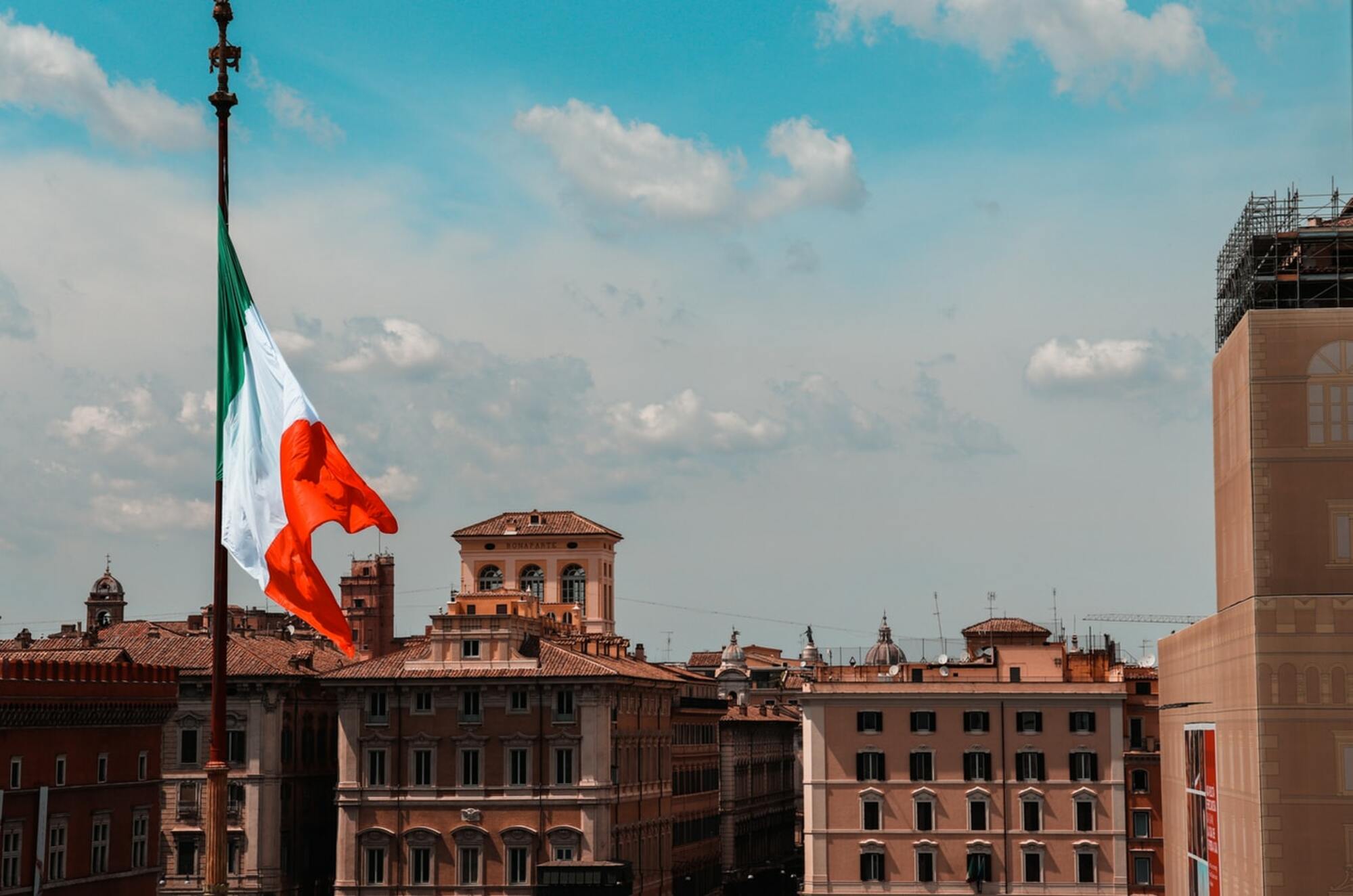
Italy has one of the most structures of social security administration in Europe. The system provides one of the best survivor benefits and disability income residents and is independent of a lump-sum pension. If you want to know more about the social security system in Italy, we’ve made an in-depth guide for you.
Areas covered by social security
The largest Insurance company in Italy is the Istituto Nazionale Di Previdenza Sociale (INPS). The INPS insures almost all dependent workers belonging to both the private sector and the public sector. They provide both insurance and assistance services. It is a crucial inclusion tool since it offers protection against unforeseen risks such as unemployment, accidents, or illness. Social welfare covers eleven primary sectors which include:
- Health care
- Unemployment
- Insurance services for illness
- Insurance services in case of accidents on the job & professional diseases
- Minimum income guaranteed
- Insurance services for maternity and paternity
- Insurance services for invalidity
- Insurance services and pensions for old age
- Insurance services for survivors
- Family insurance services
- Long-term assistance.
How does social security work in Italy
The Italian social welfare system was implemented to protect the rights of Italian citizens on matters of rights concerning health and job security. Most of these provisions have been stated in the Constitution (articles 4, 32, 35, 41). These systems ensure that workers’ rights are protected and they are provided with proper means to secure their needs in the advent of an accident, illness, invalidity, or unemployment.
The social security system in Italy is based on two different types of protection. First of all, it protects those who are unable to work, poor, paralyzed, or disabled. Then there is the security of workers who work for future purposes, based on the principle that hard work means heavy pension because of taxes paid. In this sense, also foreign citizens, based on articles 2 and 3 of the Constitution, benefit from the pension treatment concerning the work carried out, the treatment is equal to that of the Italian citizens.
Social welfare in Italy is run by several agencies that are controlled by the National Institute for Social Security (Istituto Nazionale Della Previdenza Sociale). All employed and self-employed residents must pay all due social welfare contributions (Contributi Previdenziali) to these officiating agencies. If you’re an employee, you don’t need to do anything. Your employer will complete the entire process needed to register you with social welfare.
Italy has social security agreements with over 35 countries including Canada, Australia, and the US. This allows expats in Italy to remain under their country’s social welfare scheme for a while before they can begin to benefit from those provided by the Italian government. The agreement is valid for a maximum of two years and but can be extended to five years.
If you or your spouse work in Italy but remain protected by the social security legislation of another EU country, you’re able to claim social benefits from your country and the contributions made to your country will be taken into account when calculating the qualifications for your benefits.
Employee’s contributions are automatically deducted from their gross salary by their employer. The employer pays about two-thirds of the pension contributions, while the remaining is paid by the employee. The standard total contribution made by workers is close to 10% of their gross salary, while employers contribute about 35% of the employee’s salary. Making it 45% altogether. The employee’s contributions are however smaller to other types of social insurance.
There are also different contribution rates for employees in industries, businesses, and agriculture. Self-employed business owners (Lavoratori Autonomi) must register directly with the INPS and make contributions or make their contribution to a separate organization licensed to collect social welfare funds allied to their profession. These organizations are usually called Cassa.
Self-employed professionals who make contributions to these organizations usually include architects, surveyors, medical specialists, accountants, lawyers, engineers, and other freelance professionals. Depending on the profession, there are different rates of contributions.
The self-employed people who usually make their contributions to INPS include some part-time employees, university students, freelance agencies, small businessmen, storeowners, traders, farmers, and consultants. These people usually don’t have their own Cassa. Whenever contributions aren’t made, they’re credited by the state. In Italy, it is called Contributi Accreditati (accredited contributions).
If you disagree with any decision taken by the agency you make your social contribution to, you can appeal within certain time-limits. The appeal must be filed with must be lodged by registered letter. The matter will be address within 90 days. If the appeal is dismissed or no decision is taken within the 90 days timeframe, you may then take your appeal to the ordinary courts.
